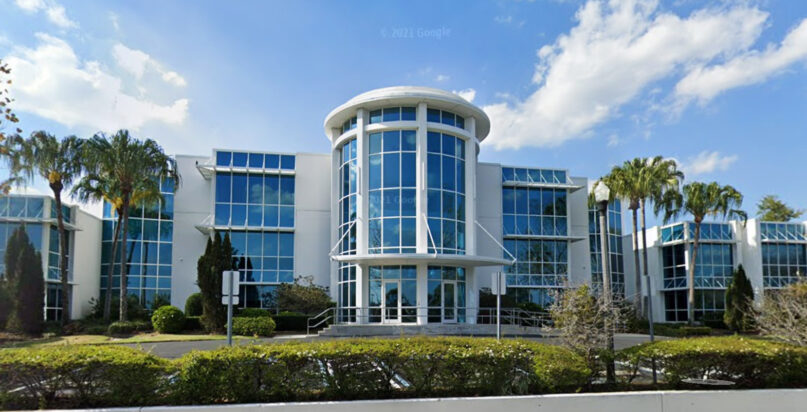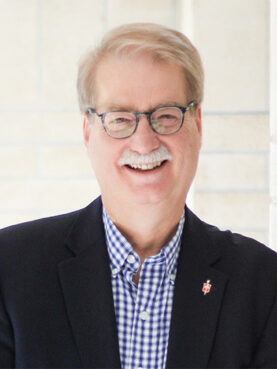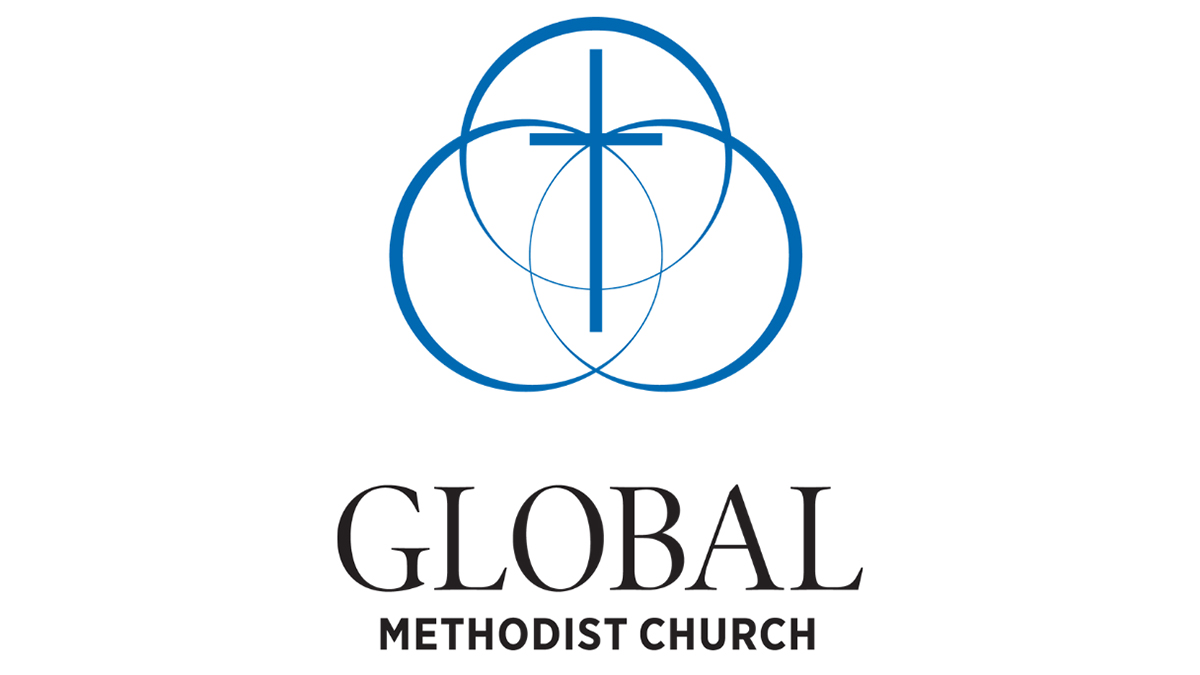The departure of any church or clergy from the denomination is not instantaneous, but must first go through its annual conferences.

(RNS) — A statement posted on Facebook Tuesday (May 3) by the Wesleyan Covenant Association’s Florida chapter caught the attention of the Florida bishop for the United Methodist Church: “107 Florida Methodist Churches Depart United Methodist Church,” it began.
The Facebook post came just a few days after the launch of the Global Methodist Church, a new conservative Methodist denomination formed, in part, by the Wesleyan Covenant Association, a coalition of self-described “orthodox, evangelical” United Methodists.
“We are not leaving The United Methodist Church. The United Methodist Church has left us,” Jay Therrell, president of the WCA-Florida, said in a written statement, blaming a “decades-long rise of theological liberalism, the selective enforcement of our denominational laws, and a strong surge in the promotion of partisan politics.”
“No significant changes occur in our relationship apart from the actions of these authorized bodies,” Bishop Ken Carter said in a letter posted on the Florida conference’s Facebook page.
RELATED: After years of loud debate, conservatives quietly split from United Methodist Church
Florida’s annual conference will meet June 9-11 in Lakeland, Florida — the first time it’s gathered in person since the COVID-19 pandemic began two years ago.

Bishop Ken Carter. Photo via FLUMC.org
In the past three years, about 1% to 2% of churches in the Florida and Western North Carolina conferences have formally started the process to disaffiliate from the United Methodist Church, according to Carter, who is resident bishop of both conferences.
“We’ve had a small number of churches that have done the work to disaffiliate from the denomination — and every church is important,” he told Religion News Service.
“We anticipate there will be more churches who will disaffiliate, and we’ve worked hard to send a message that all are welcome in the church and that the processes are intended to be open, public and transparent.”
As past president of the United Methodist Council of Bishops, Carter was one of 16 United Methodist bishops and advocacy group leaders who negotiated a proposal to split the denomination after decades of debate over the ordination and marriage of LGBTQ United Methodists.
Delegates were expected to vote on that proposal, called the Protocol of Reconciliation and Grace Through Separation, at the 2020 General Conference.
Then came COVID-19 and three postponements of the General Conference, the last of which prompted a group of conservative United Methodists to announce they were done waiting.

The name and logo of the new Global Methodist Church. Image courtesy of Global Methodist Church
Those conservative United Methodists launched the Global Methodist Church on Sunday. At least one European conference and a retired bishop already have joined, according to reports, though the new denomination has not released any numbers.
“Our churches long for the day of being able to unite with like-minded Christians who focus on sharing the Good News of Jesus and help people to be transformed by His salvation,” Therrell said in the WCA-Florida statement on Facebook.
Reached by phone by RNS, Therrell clarified that church councils at 107 United Methodist churches have told the WCA-Florida that they have decided to begin the process to join the Global Methodist Church. That would be about 20% of all churches in the Florida Conference, according to the WCA-Florida.
Working with David Gibbs III, president and general counsel of the National Center for Life and Liberty, each of the churches has sent requests to disaffiliate to the Florida conference, according to Therrell.
Some churches’ requests could be voted on at this summer’s annual conference, he said. Some are hoping the conference will call a special session later to create terms for conservative churches to leave that would be similar to those in the Protocol of Reconciliation and Grace Through Separation.
Therrell said the chapter cannot name those churches. A map on the Wesleyan Covenant Association website shows 38 churches in Florida whose congregations or pastors have affirmed the association’s doctrinal statements.
Florida is a diverse state, the WCA-Florida president said, and the churches in its WCA chapter are equally diverse: large and small; urban, suburban and rural; predominantly white, African American, Latino, Haitian and Korean.
“The church councils of these churches have made the decision to initiate the process, and there are a couple of different exit ramps that the Book of Discipline provides that all ultimately end with an annual conference approval and vote of some kind at the local church,” he said.
Currently, the United Methodist Book of Discipline, the denomination’s rulebook, allows annual conferences to instruct the board of trustees of a church to deed that church’s property to other Methodist or evangelical denominations in certain circumstances.
The 2019 special session of the General Conference also approved a disaffiliation plan that allows a congregation to make a “gracious exit” from the denomination by the end of 2023. It can leave with its property for “reasons of conscience” related to sexuality after paying the rest of the year’s apportionments, the next year’s apportionments and its pension liabilities.
“We think that the longer churches wait, the riskier it gets,” Therrell said.




